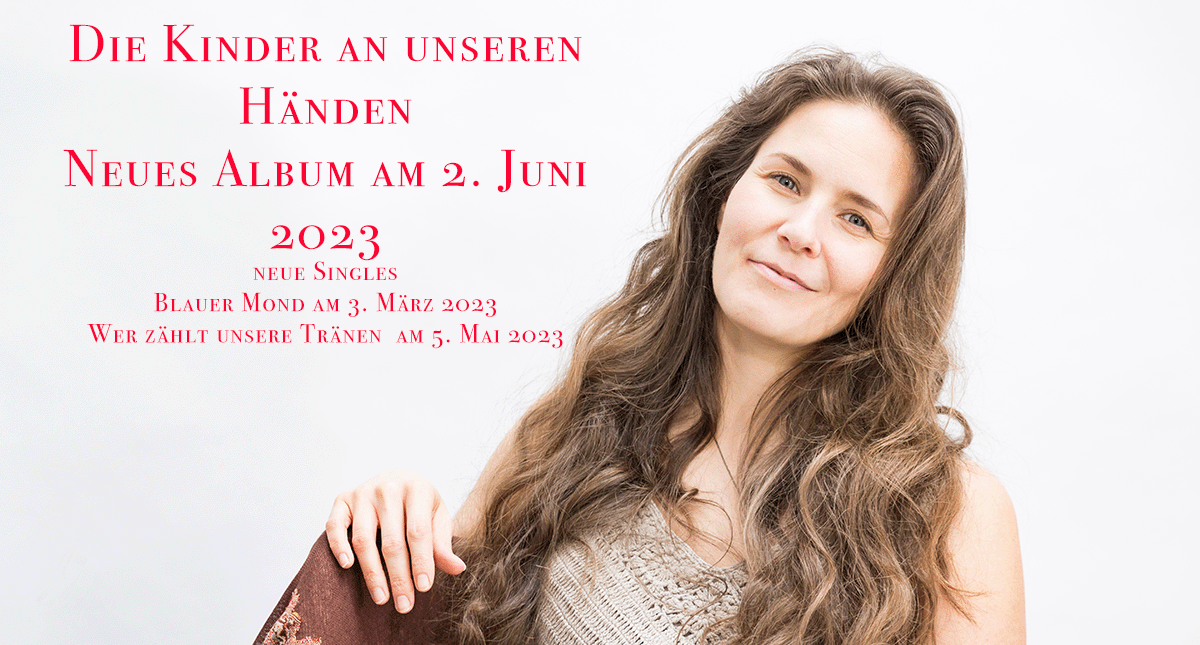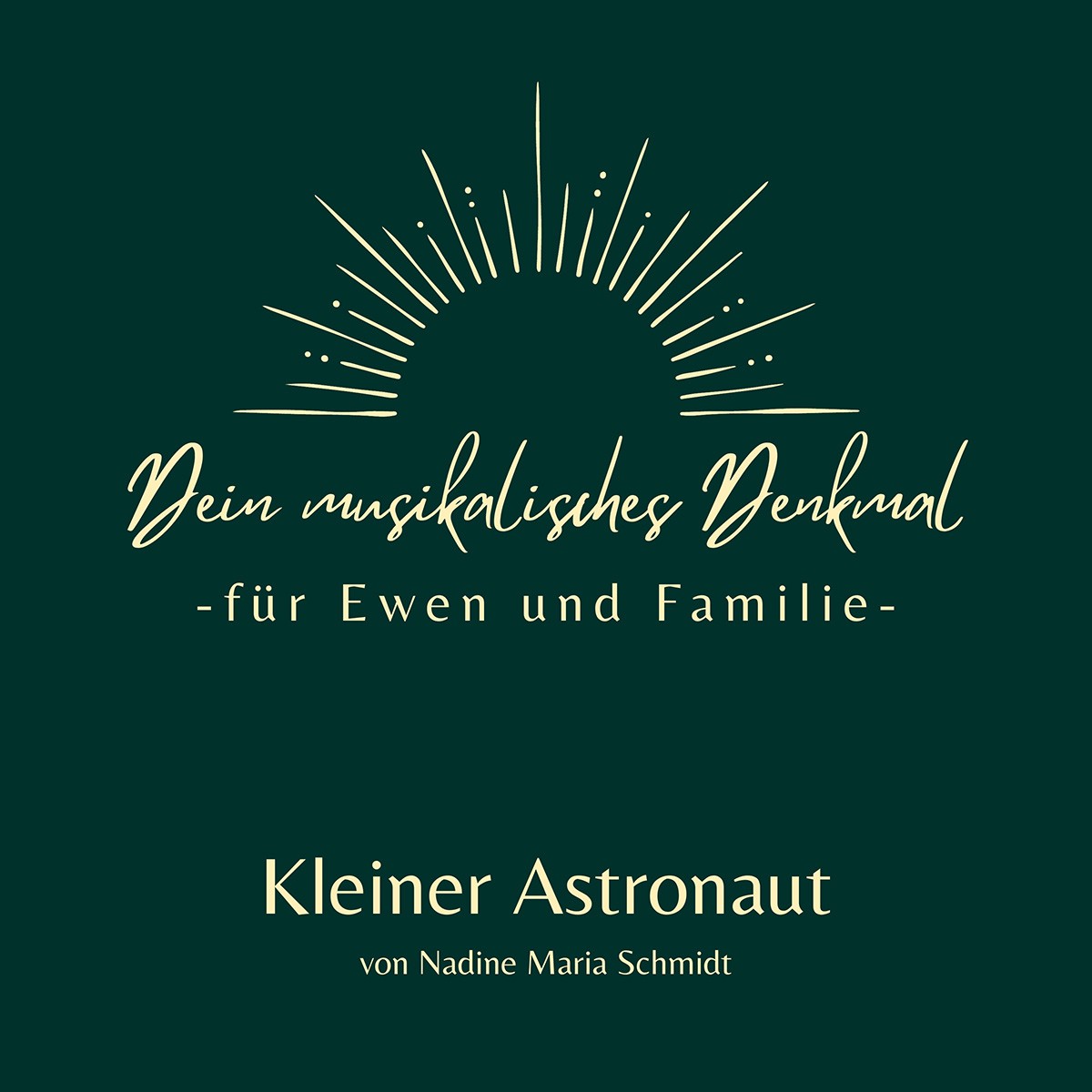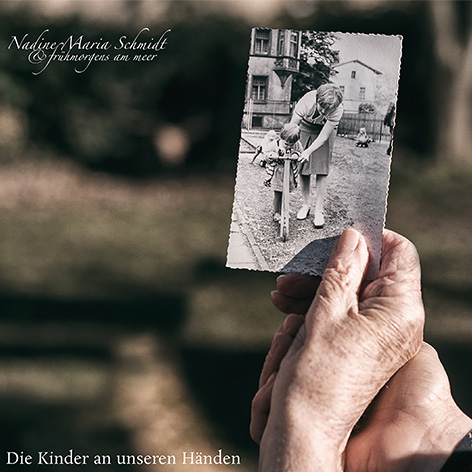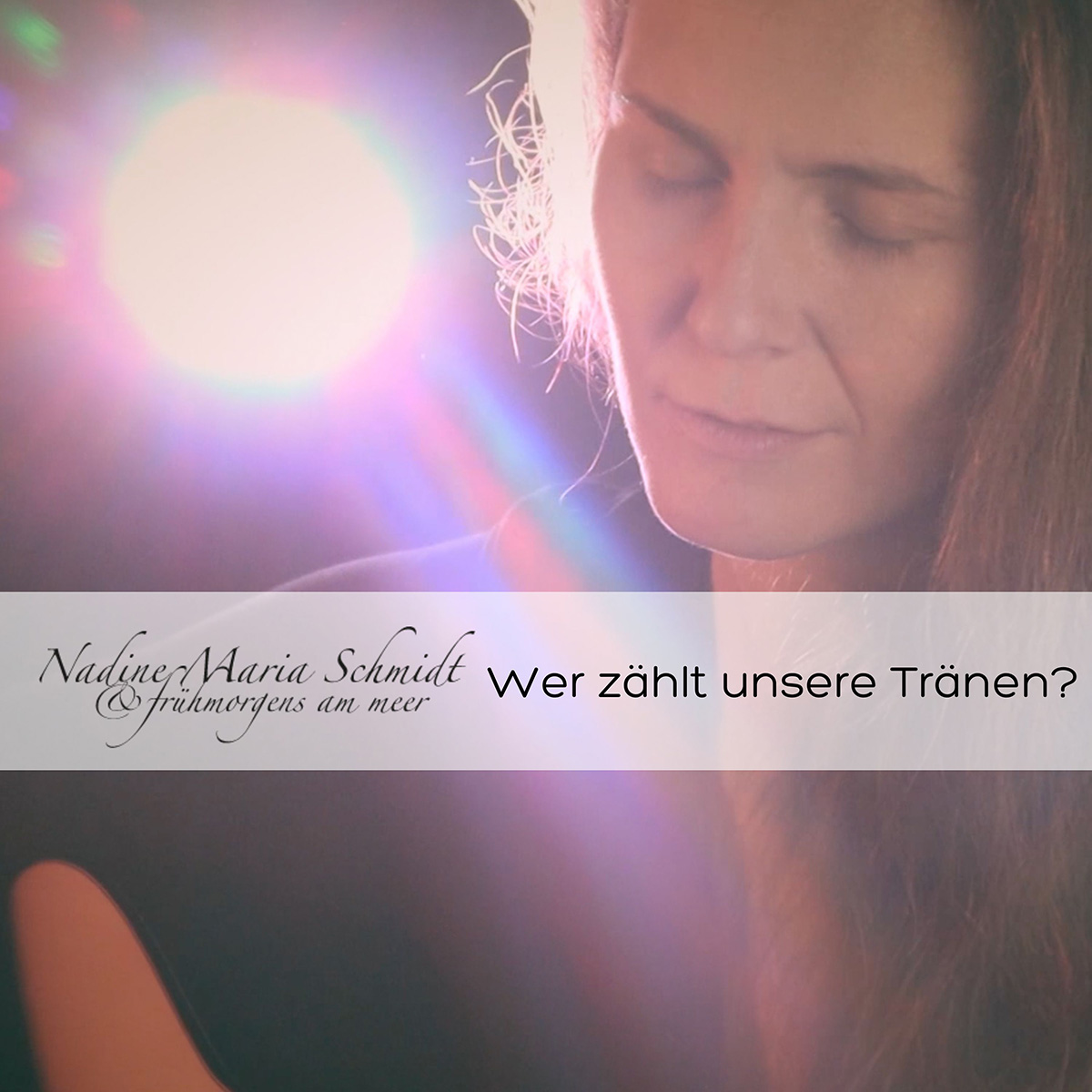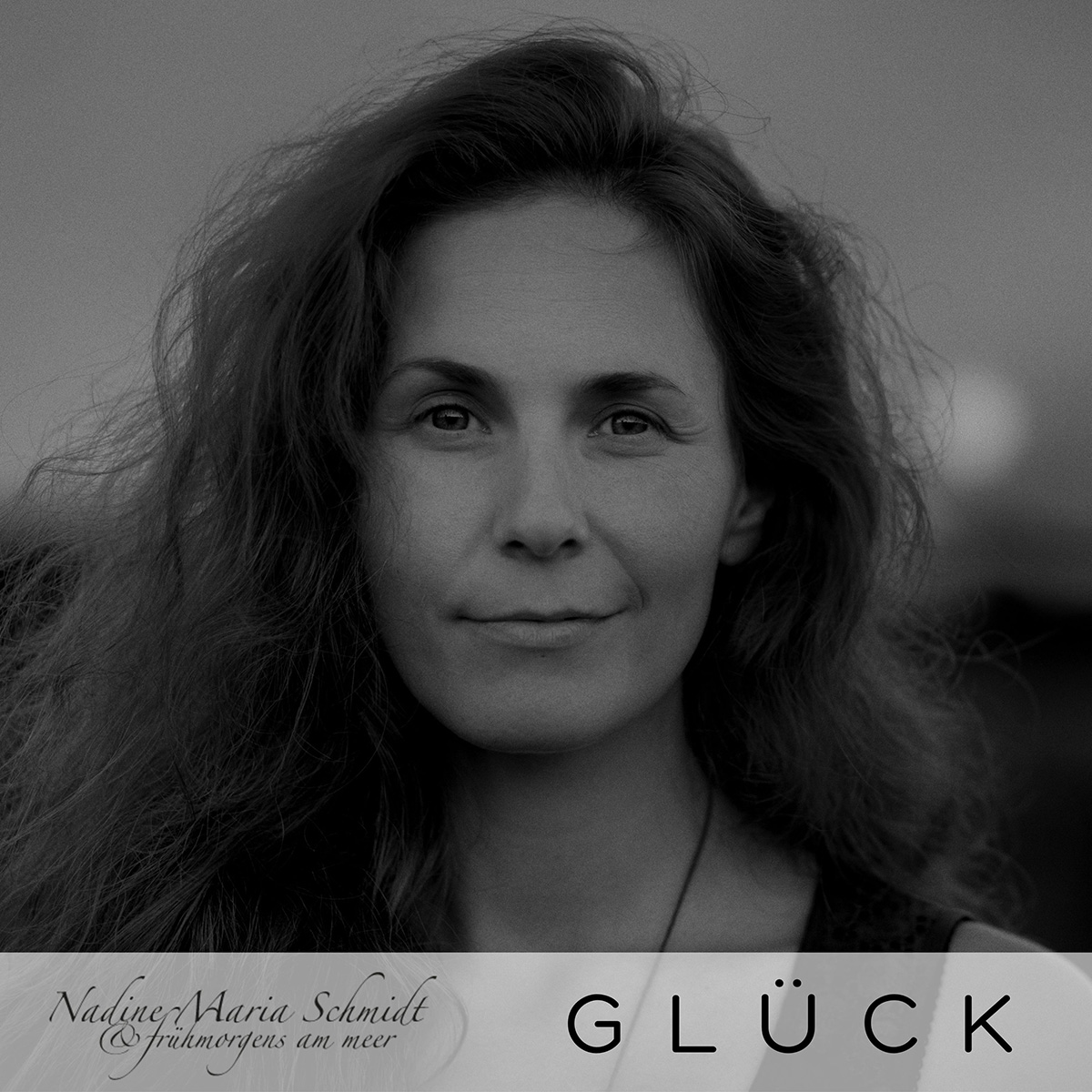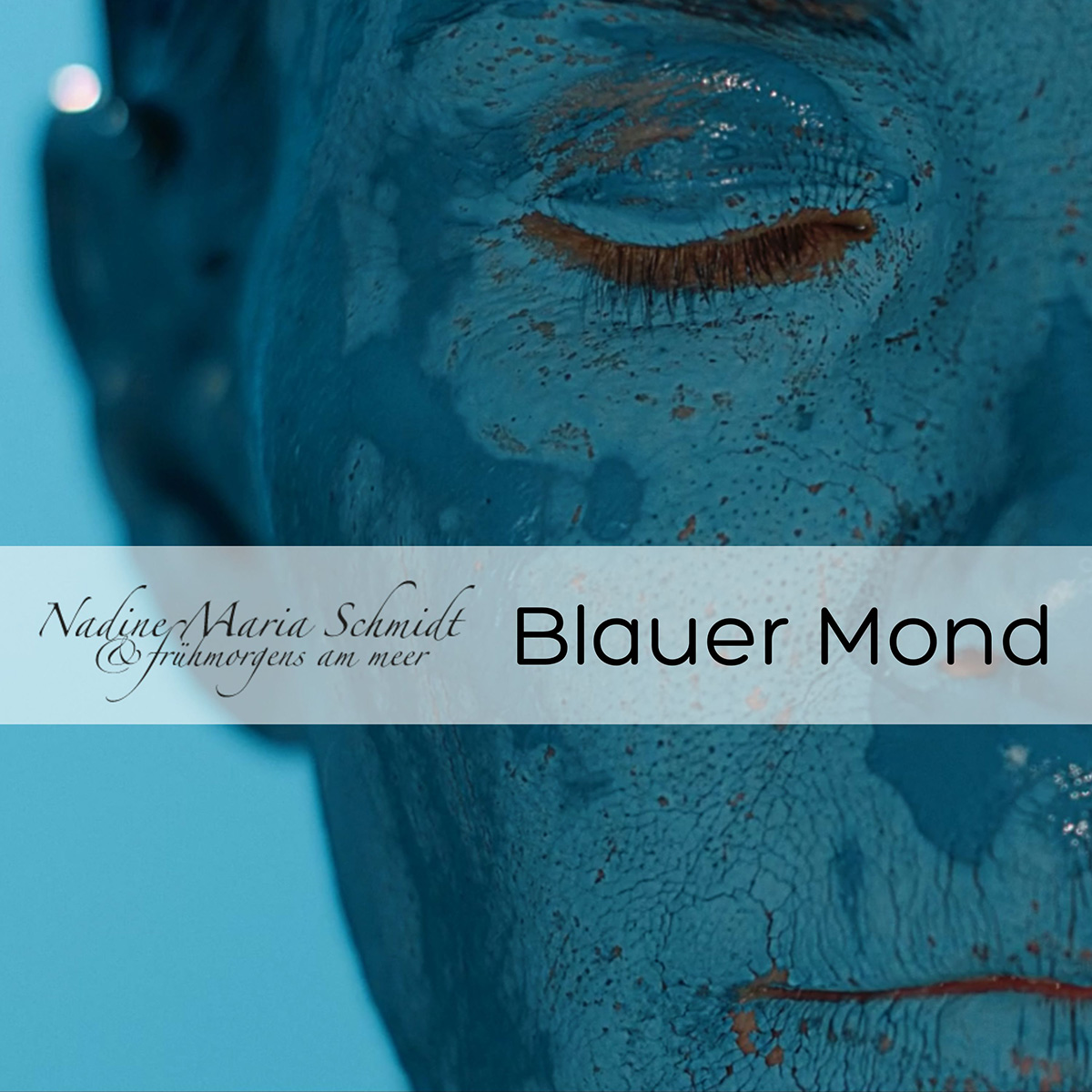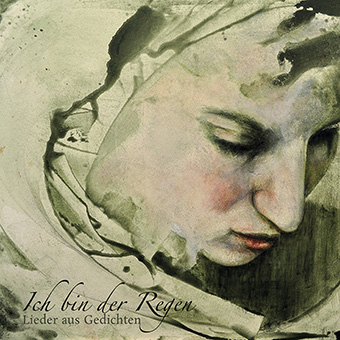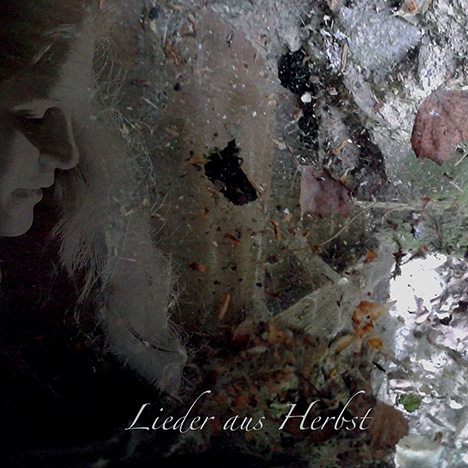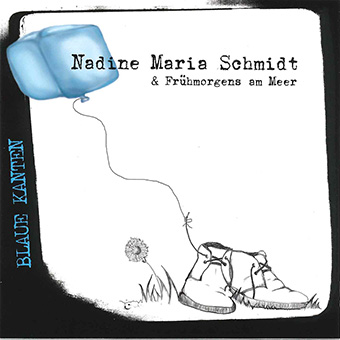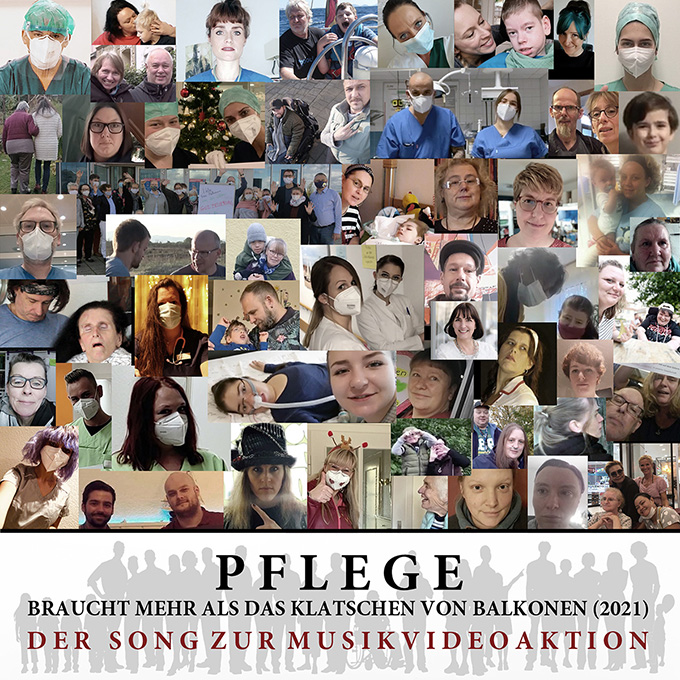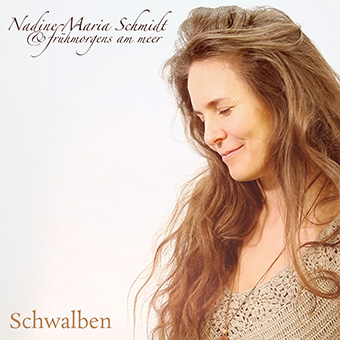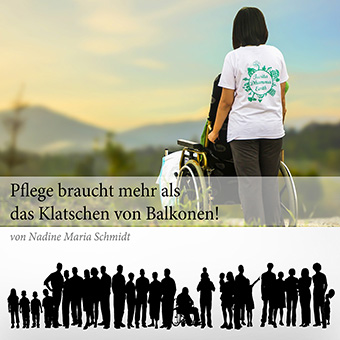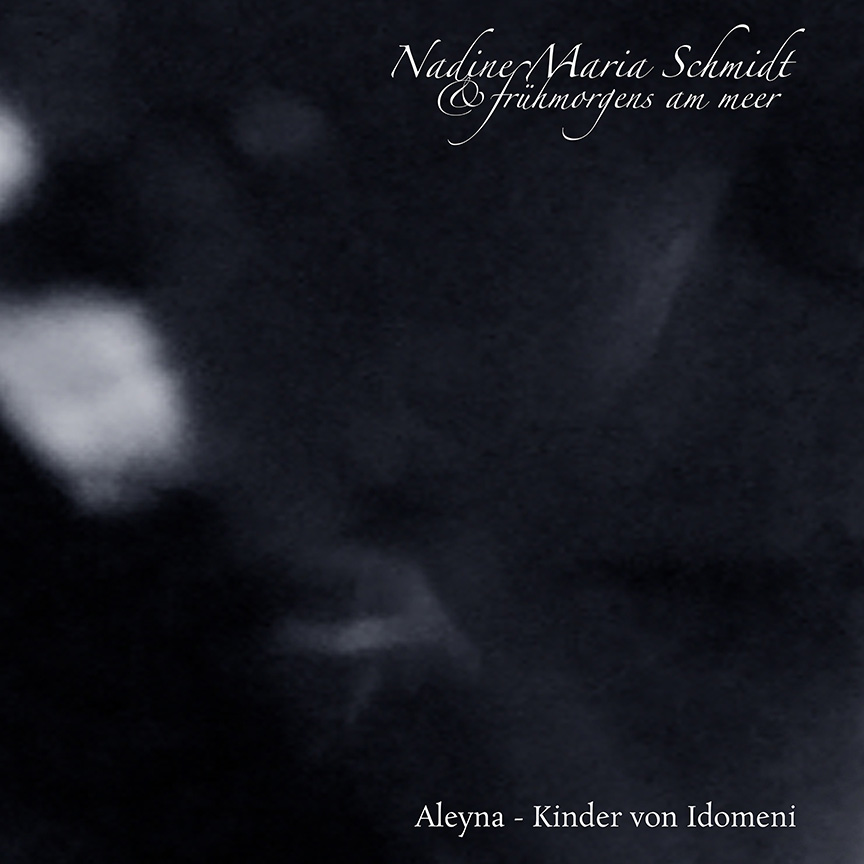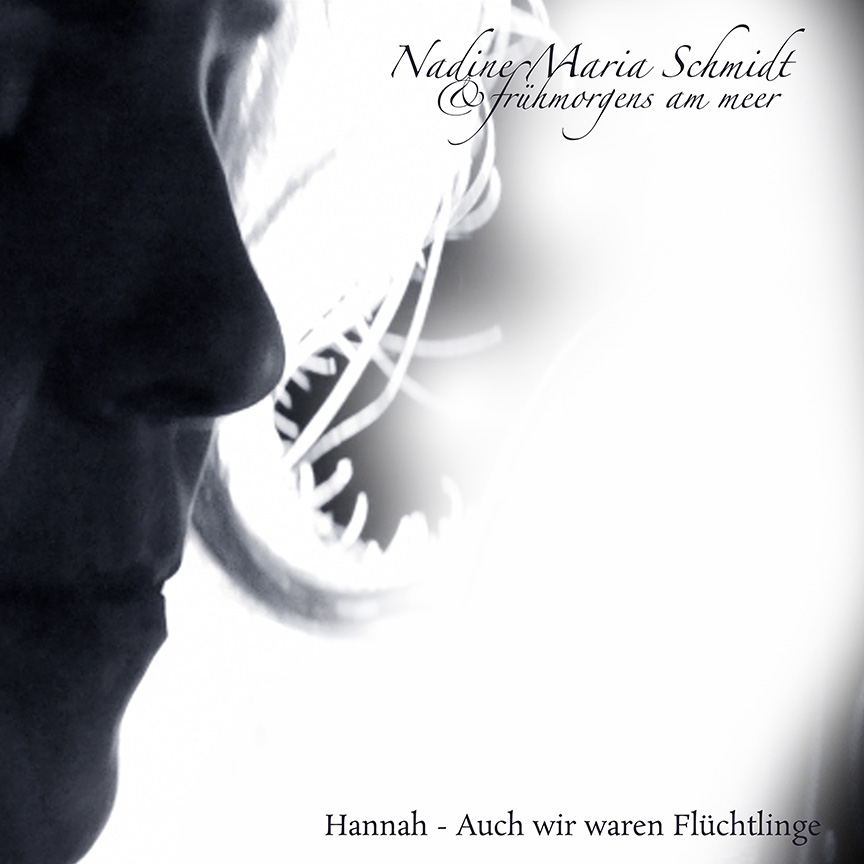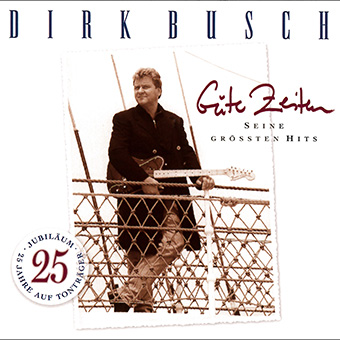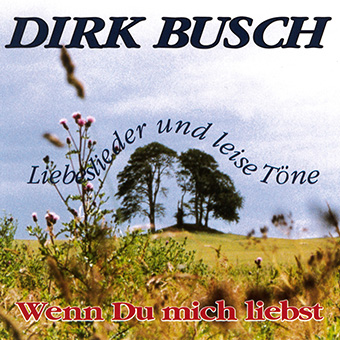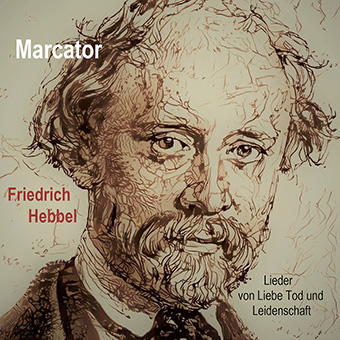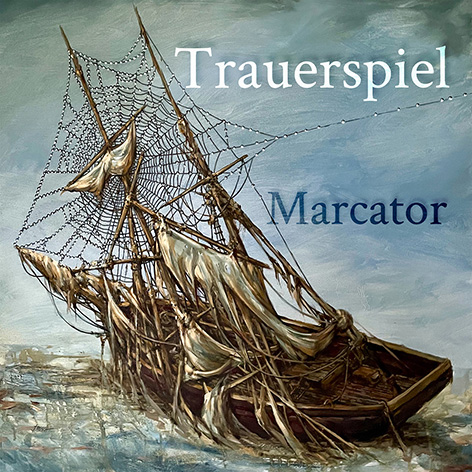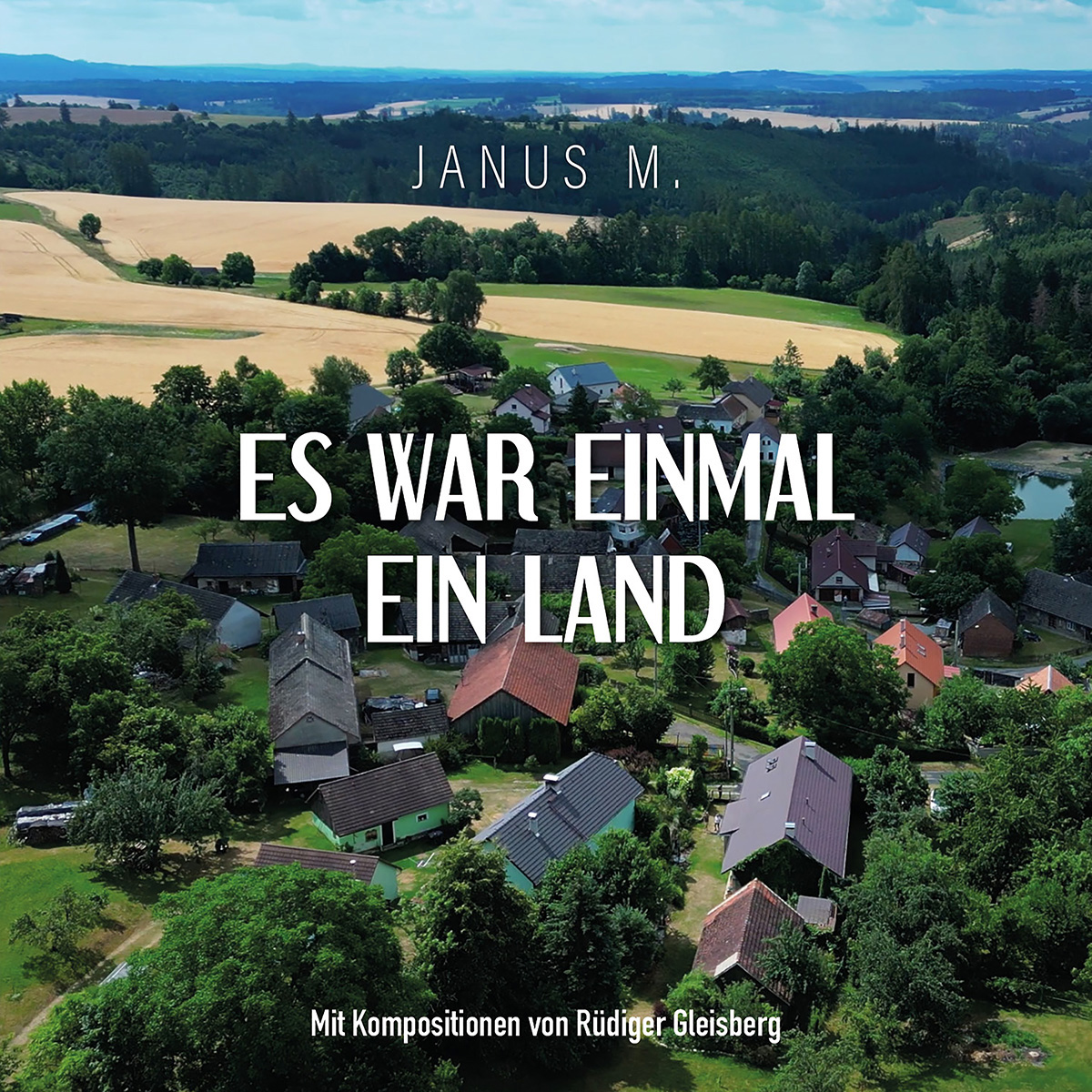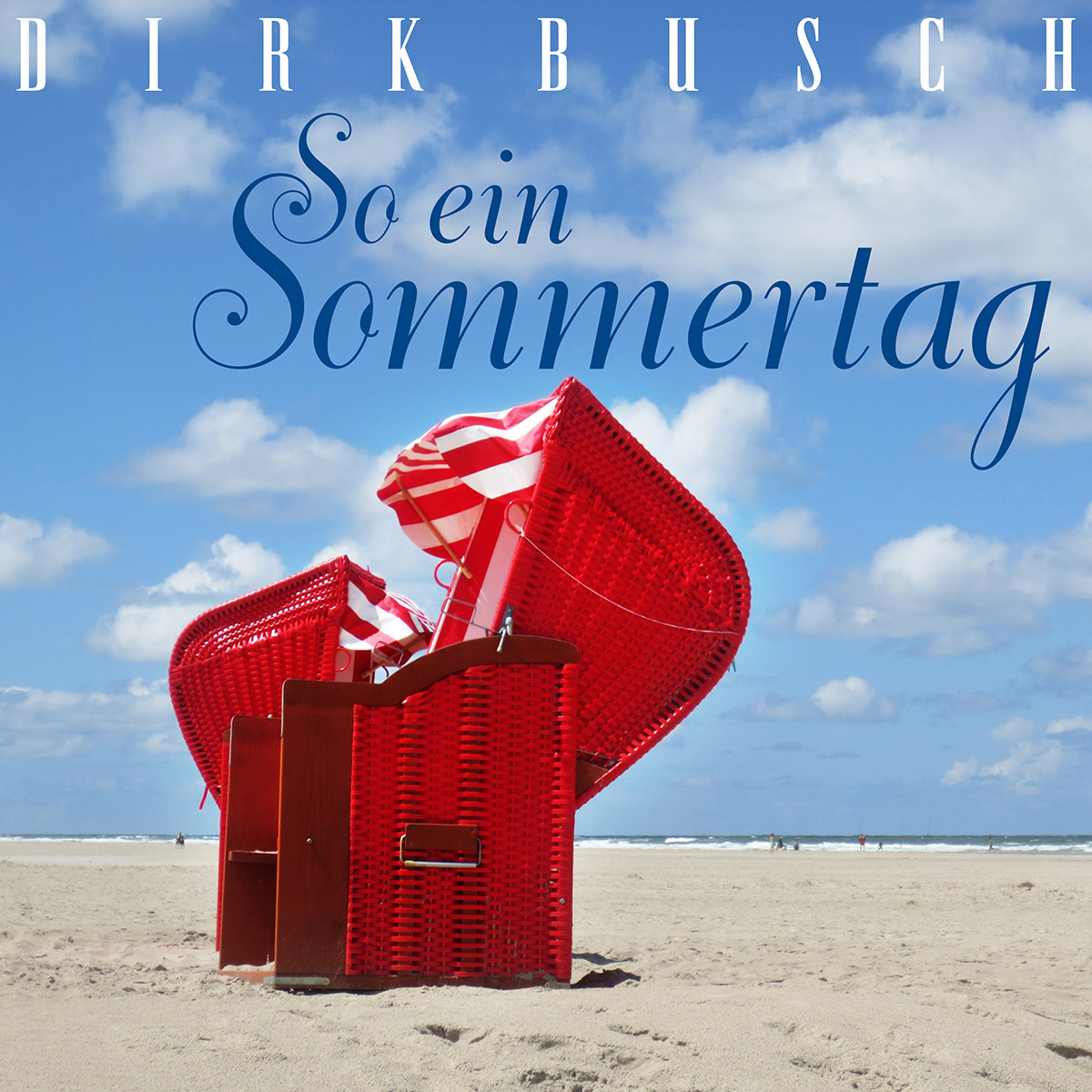![Nadine Maria Schmidt]()
About
"She is different. You can't get past her voice..." writes the Süddeutsche Zeitung in a concert review.
Nadine Maria Schmidt stands for a highly individual combination of voice and poetry. With her band "Frühmorgens am Meer" she has released three albums so far. All of them were nominated for the German Record Critics' Award, the album "Lieder aus Herbst", released in 2014, even twice. In addition, the songwriter was awarded the prestigious Förderpreis der Liederbestenliste 2016. Her song lyrics have been published in various poetry anthologies and her Rilke settings are included in the teaching of German and American universities. Her songs on the refugee debate receive special attention (ZEIT, Konstantin Wecker). Likewise the songs on the corona pandemic, which focus on the concerns of the at-risk group and caregivers. Hundreds of live concerts across Germany, partly as opening act for artists such as Sarah Lesch, Alin Coen, Maike Rosa Vogel or Manfred Maurenbrecher, give rise to a steadily growing fan base.
Nadine was born in Thuringia in 1980. She grows up in the small town Elsterberg in the Vogtland. She finds her way to music only at the age of 23. She goes the autodidactic way without any musical education and with the medical diagnosis to be anatomically not predestined for singing. At the end of 2007, the first concert, still with English-language songs. In 2011 she founded the band "Nadine Maria Schmidt & Frühmorgens am Meer" in Leipzig together with Till Kratschmer on piano and Chris Turrak on bass. In the process, they work together again and again with a variety of guest musicians.
The first German-language album "Blaue Kanten" is released in 2012. "Lieder aus Herbst" follows in 2014. "Ich bin der Regen - Lieder aus Gedichten" in 2016. All are fully or partially financed by their "Best Fans in the World" and sponsors. The releases are met with critical acclaim. Television features and radio interviews follow.
At the same time, Nadine completes her studies (German as a foreign language, journalism and comparative literature) at the University of Leipzig. Her final thesis is published in an expanded form as a reference book. A
She turns down a job offer from Cairo. Decides in favor of music. In 2017 and 2018, the artist has to cancel almost all concerts due to a stroke of fate. In 2019 she is back and works with composer and cellist Christoph Schenker on the arrangements of her fourth album "Die Kinder an unseren Händen". Lyrics about the life stories of others as well as contemporary events are the focus of the album, which will be released in summer 2023. Children repeatedly play a central role as a symbol of responsibility across generations.
Discography: Music by Nadine Maria Schmidt 14
Discover more
Selected music by other artists performing in similar styles like Nadine Maria Schmidt: Singer-Songwriter Pop deutsch

